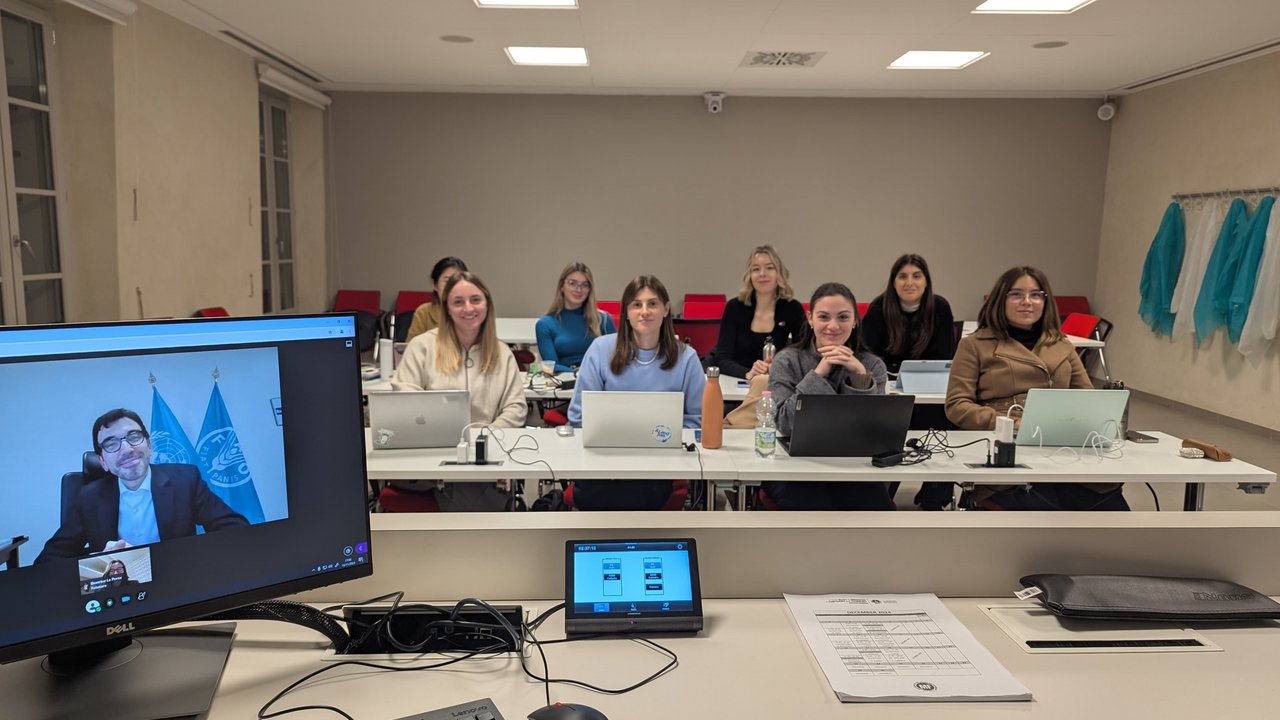The “Institution” Course
The “Institution” course offers a unique combination of insights into the comprehensive legal frameworks and policies that underpin the food sector. It is designed to provide students with an in-depth understanding of pivotal issues such as food security, food policies, food safety, consumer information, and corporate responsibility in the food industry. A detailed study of the innovative legal dimensions of sustainability, AI, and digitalization in the food sector equips students with a thorough grasp of the dynamic regulatory landscape. This course also furnishes them with the skills needed to navigate emerging technologies adeptly and promote sustainable practices within the industry. Students will engage with crucial topics that define the regulatory contours of the food industry, preparing to become knowledgeable leaders ready to face the challenges of a rapidly evolving sector.
The Unicatt-Ferrero Master
"The Master in Innovation in Food Science and Technology – Michele Ferrero has an international scope, is taught entirely in English, and aims to train specialists capable of making significant contributions to the complex operations of a food company at both the research and development and production and control levels," explains Professor Antonio Gallo, lecturer at the Catholic University and director of the program.
This is a second-level master’s program open to graduates from various disciplines. It is highly selective, designed for a maximum of ten students; this year’s cohort includes eight participants, all women, from Italy, Mexico, China, and Serbia.
By the end of the program, graduates will possess a broad understanding of the factors influencing the development and formulation of new food products. They will be equipped to address these issues from an international and innovative perspective, with a focus on ensuring the quality and safety of products and processes.
